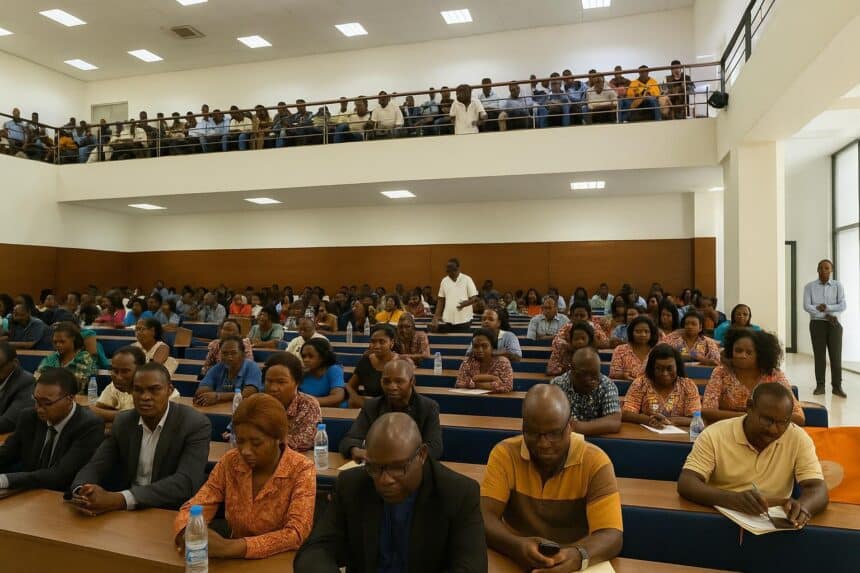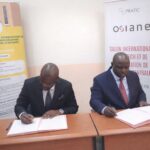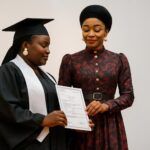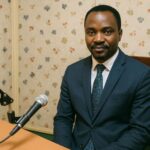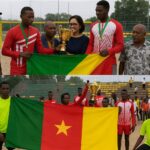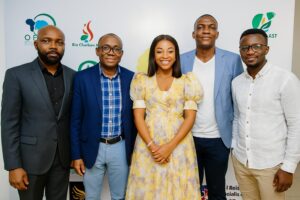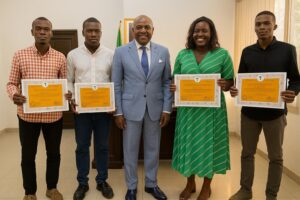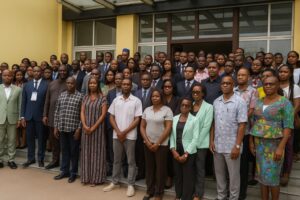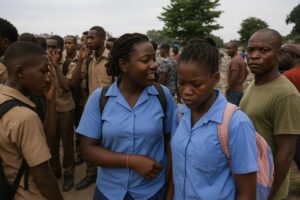Scientific excitement sweeps Kintélé
The Denis-Sassou-Nguesso University campus in Kintélé is buzzing as the Faculty of Applied Sciences opens its second annual science week, a showcase designed to steer students toward careers that solve concrete problems across Congo’s industries and communities (Agence Congolaise d’Information, 07 Oct).
Dean Arnaud Wilfrid Etou Ossibi calls the gathering “a genuine moment of scientific awakening”, insisting that hands-on exposure is essential for learners in an institution expressly built to nurture the country’s technological future.
Beyond the lecture hall
The event theme, “Applied research: durable solutions for companies and target populations”, sets an unmistakable tone. Organisers want every workshop, visit and debate to connect theory with practice, turning class projects into tools that improve daily life.
Students will criss-cross Brazzaville’s outskirts to examine laboratories, water-treatment units, agro-industrial sites and public-sector tech departments. Each stop is intended to reveal job niches and spark entrepreneurial ideas that align with Congo’s development priorities.
Opening day inspiration
Two inaugural keynote talks put the spotlight on urgent challenges. Jean De Dieu Nzila from Marien-Ngouabi University laid out how household-waste management research can shape sustainable urban services, outlining pilot studies already under way in several districts.
Antoine Elimbi of Yaoundé University followed with a dive into geopolymer binders, an emerging alternative to conventional cement that could lower construction costs and carbon footprints across Central Africa. His message: smart materials are within reach when regional scholars join forces.
The full auditorium, packed with undergraduates in crisp white coats, applauded both speakers’ insistence that academic discoveries must land on construction sites, municipal trucks and engineering start-ups— not remain confined to papers.
A classroom without walls
From Monday, coaches will shuttle small groups to the National Soil Research Institute, the eco-brick plant in Ignié and the smart-meter test bench of the energy ministry. Faculty mentors have prepped questionnaires so each outing feeds data back into semester projects.
For many first-year students, it will be their first time inside an industrial control room. Fourth-year peers, already hunting internships, hope face-to-face chats with technicians can translate into summer placements.
Spotlight on student talent
A poster fair lines the main corridor, where colourful charts explain everything from solar-powered irrigation pumps to low-cost drones for crop mapping. Judges from local start-ups will award prizes to the clearest presentation and the most scalable prototype.
Graphic-design buffs compete to create a new Faculty logo, while a separate contest crowns the best research-and-development project. Winners secure seed funding and mentoring hours, reinforcing the message that innovative ideas will be backed, not shelved.
“Seeing my model evaluated by real engineers motivates me to push harder,” confides third-year mechanical major Christelle Nkouka, adjusting the 3D-printed wing of her mini-wind turbine.
Regional and international reach
Thirty visiting scholars add a cosmopolitan flair: delegations hail from Benin, Burkina Faso, Gabon and Niger, reflecting the faculty’s strategy to weave itself into continental research networks. Shared panels explore joint grant applications and mobility schemes.
Burkinabè chemist Issa Ouedraogo praises the welcoming atmosphere: “Kintélé reminds us that African labs can exchange expertise without costly detours through Europe. We bring raw data, they bring advanced imaging—everybody moves faster.”
Such cross-border momentum aligns with the Ministry of Higher Education’s vision of positioning Congo-Brazzaville as a regional anchor for applied science, a goal regularly highlighted by national development plans.
Science at the heart of the African dream
Midweek, a round-table titled “Science at the heart of the African dream” will gather entrepreneurs, sociologists and alumni to debate how research can fuel inclusive growth. Organisers promise frank conversations on financing, intellectual property and the gender gap in STEM.
Panel coordinator Daniella Mouandza says the discussion will look beyond laboratories: “We want to connect equations to bread-and-butter issues like affordable housing or reliable power. When citizens see direct benefits, they rally behind scientific budgets.”
Looking ahead
The week wraps up on 11 October with an awards ceremony and a forward-looking pledge: every showcased project will receive follow-up monitoring, ensuring ideas are not forgotten once applause fades.
Dean Etou Ossibi hopes the momentum spills into the academic calendar and, ultimately, into factories, farms and start-up incubators across the Republic of Congo. “Applied science must be a living engine for our economy,” he stresses, “and that engine starts here.”

